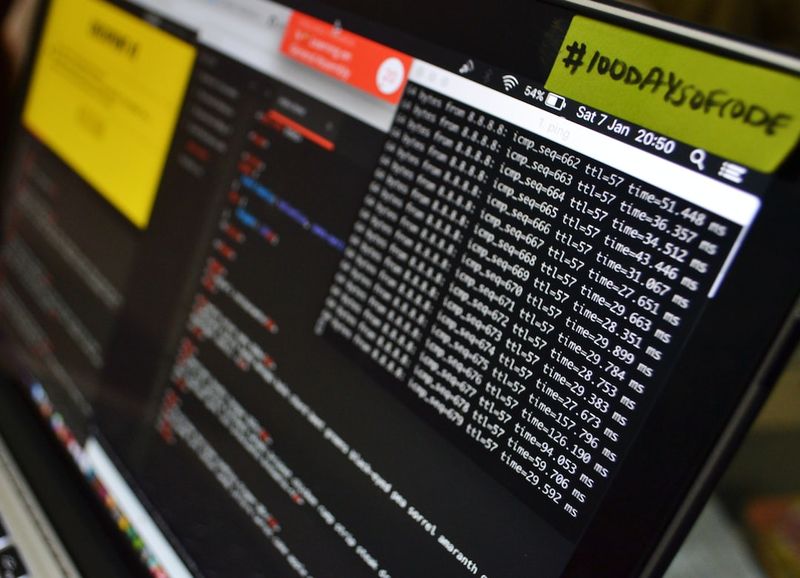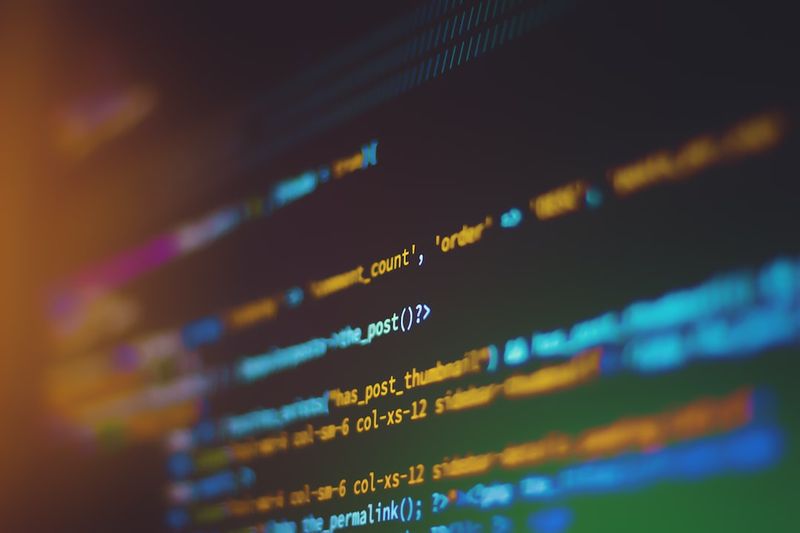Data Breaches: Payment Card Data Stolen in Air Europa Hack
Introduction
Air Europa, one of Spain’s largest airlines, recently informed some of its customers that their payment card information has been stolen as a result of a hacker attack. The breach was discovered when the company detected unauthorized access to a system storing payment card data. While the company assures that no other information was compromised, it is recommending impacted customers to cancel their payment cards to prevent any unauthorized use. This incident highlights the ongoing threat of cyber attacks and the vulnerability of sensitive financial data.
The Breach and its Impact
Air Europa revealed that the hackers potentially gained access to partial credit card numbers, expiration dates, and CVV codes. This information is valuable to cybercriminals who specialize in selling credit and debit card data on dark web marketplaces. Although it remains unclear how many individuals have been impacted, Air Europa has notified the relevant authorities and is working to mitigate the consequences of the breach.
Airlines as Targets for Cyber Attacks
It is not uncommon for airlines to be targeted by ransomware groups, which often seek to steal sensitive information from compromised systems. In this case, it is possible that Air Europa’s payment systems were specifically targeted by cybercriminals with malicious intent. The airline may now face the challenge of ensuring the security and trust of its customers, as incidents like these can damage the reputation of the company and erode consumer confidence.
Implications and Philosophical Discussion
The Air Europa data breach raises broader questions about the vulnerabilities inherent in our digital systems. As more and more transactions and personal information are stored online, the risk of cyber attacks becomes increasingly significant. Society has become reliant on the convenience and efficiency of digital services, but this reliance also exposes us to potential harm.
The Paradox of Connectivity
The paradox of our interconnected world is that while the internet brings tremendous benefits and possibilities, it also opens the door to exploitation and vulnerability. While the convenience of online payment systems and digital services is undeniable, the risks associated with storing and transmitting sensitive information electronically cannot be ignored. This incident once again highlights the need for companies and individuals to prioritize internet security and take proactive measures to protect their data.
Editorial: Strengthening Internet Security
The Air Europa data breach serves as a sobering reminder of the urgent need for stronger internet security measures. Companies must recognize that investing in robust cybersecurity systems is not only a matter of protecting their own interests but also a responsibility to their customers.
Focus on Prevention
Instead of relying solely on reactionary measures that are triggered after a breach occurs, organizations should prioritize preventative measures. This includes continuous monitoring of network systems, regular software updates, and robust encryption protocols. Furthermore, employee training and awareness programs can help ensure that individuals within organizations understand the risks and follow best practices to protect sensitive information.
Advice for the Public
Individuals who have received notifications from Air Europa regarding the data breach should take immediate action to protect themselves. Here are some recommendations:
1. Cancel and Replace Payment Cards
Contact the associated bank of any payment cards used on the Air Europa website and request the cancellation and replacement of those cards. This will help prevent any potential unauthorized use of the compromised card information.
2. Be Vigilant of Phishing Attempts
Cybercriminals may attempt to exploit the situation by sending malicious emails, phone calls, or messages. Be cautious of providing personal information or clicking on suspicious links. Verify the legitimacy of any communication regarding the breach by directly contacting Air Europa or your bank through official channels.
3. Monitor Financial Statements
Regularly monitor your bank and credit card statements for any unauthorized transactions. Promptly report any suspicious activity to your bank to mitigate potential financial losses.
4. Enhance Personal Internet Security
Take proactive steps to strengthen your own internet security. This includes using strong and unique passwords for all online accounts, enabling two-factor authentication whenever possible, and keeping software and operating systems up to date.
Conclusion
The Air Europa data breach underscores the ongoing risks associated with storing and transmitting sensitive payment card information online. Companies must invest in robust cybersecurity measures, and individuals must actively prioritize internet security to protect themselves in an increasingly interconnected world. By taking proactive steps and remaining vigilant, we can collectively work towards creating a safer digital environment for everyone.

<< photo by Tima Miroshnichenko >>
The image is for illustrative purposes only and does not depict the actual situation.
You might want to read !
- ATM Card Skimming: The Persistent Threat That Demands Attention
- “Curl’s anticipated security hole falls short of expectations”
- Confluence Breach: Urgency to Patch Zero-Day Exploitation
- Microsoft Unveils Growing Threat of Cyber Attacks Targeting Cloud Infrastructure
- “Examining the Impact: EPA Backtracks on Cyber Regulations for Water Sector”
- The Unraveling Threat: An In-depth Look at the Critical SOCKS5 Vulnerability in cURL
- A Deeper Dive into Digital Security: The Latest Developments in Protecting Your Data
- Protecting Passwords: Embracing Offensive Security Measures to Safeguard Against Breaches
- “The Rising Threat of Cybercrime: Air Europa’s Breach Highlights Vulnerability of Payment Card Data”




